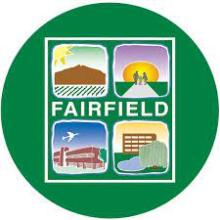Empowering Community in Cleveland, with DigitalC - Episode 499 of the Community Broadband Bits Podcast

This week on the show, Christopher is joined by Angela Thi Bennett, Director of Advocacy & Impact at DigitalC, a community-based Cleveland nonprofit which operates a fixed wireless network in the city's unserved and underserved neighborhoods. Before she leaves to become the first Digital Equity Director for National Telecommunications and Information Administration (NTIA), Angela sits down with Christopher to talk about everything the organization does to advance digital equity goals in the city, driven by an agenda that focuses on healthcare, education, and economic growth. She shares how the nonprofit developed a sustainable model to delivery reliable, fast Internet access for $18/month, how success comes from listening intentionally and regularly to what community members need and want, and what true empowerment means in the face of shifting agendas at the state and national level.
This show is 20 minutes long and can be played on this page or via Apple Podcasts or the tool of your choice using this feed.
Transcript below.
We want your feedback and suggestions for the show-please e-mail us or leave a comment below.
Listen to other episodes here or view all episodes in our index. See other podcasts from the Institute for Local Self-Reliance here.
Thanks to Arne Huseby for the music. The song is Warm Duck Shuffle and is licensed under a Creative Commons Attribution (3.0) license.


